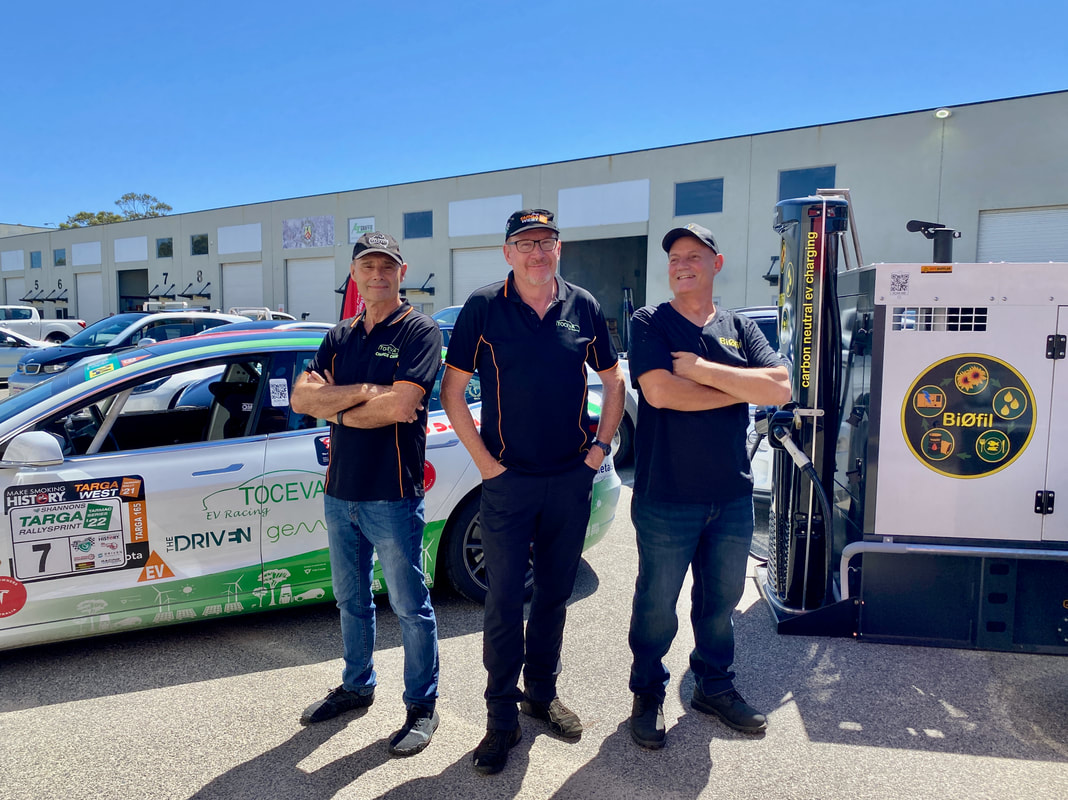EV fast charger on the Nullarbor fuelled by used chip oil
Plugging the gap between Western Australian and South Australia
BiØfil is a world-first fast charging system for Electric Vehicles (EVs) that is fully off-grid, self-contained and powered by used chip (vegetable) oil, a waste product.
BiØfil inventor and retired engineer Jon Edwards said that the Western Australian Government has the world’s longest electric highway planned, but there’s a big gap.
“The planned electric highway doesn’t connect Western Australia to South Australia – there’s some 720km of desolate highway between Norseman and the SA border with no fast charging for EVs – the big lap has a big gap,” Mr Edwards said.
BiØfil will be installed at the Caiguna Roadhouse, approximately 370 kilometres east of Norseman and 370 kilometres West of the South Australian border , to plug the gap and is set to be operational by the 16th January.
“The chip oil for deep fryers comes from seed crops such as canola and sunflower, the plants absorb the CO2 and sunlight to make the oil, which is put to commercial use as fryer oil, then it becomes a waste product – BiØfil extracts the energy from the waste product to charge EVs using a generator,” Mr Edwards said.
“Importantly, the CO2 produced is the same as the CO2 absorbed, so the process is net zero with no incremental impact on the environment.
“We’ve been isolated from the rest of Australia for too long, so once borders open up, BiØfil means all vehicles can travel across the Nullarbor, EVs included.”
BiØfil was initially developed as a carbon neutral solution to a problem: a way to fast charge the TOCEVA Racing Tesla rally car during competition in Targa West Events tarmac rallies.
In partnership with University of Western Australia, there is a Chuffed crowd-funding campaign for the BiØfil units called “The big lap has gaps”; UWA plans to collect usage data.
“I’ve had some assistance from Gemtek and a number of EV owners and clubs in the development of BiØfil, and what’s interesting is that it’s the EV driving community who are donating funds to the BiØfil units,” Mr Edwards said.
“I am often asked, ‘why?’ and the simple reason is that I wanted to see this happen – I’m from South Australia originally, so you could call this a philanthropic endeavour,” Mr Edwards said.
BiØfil is a not-for-profit venture and it was developed for the benefit of the electric vehicle driving community.



 RSS Feed
RSS Feed
